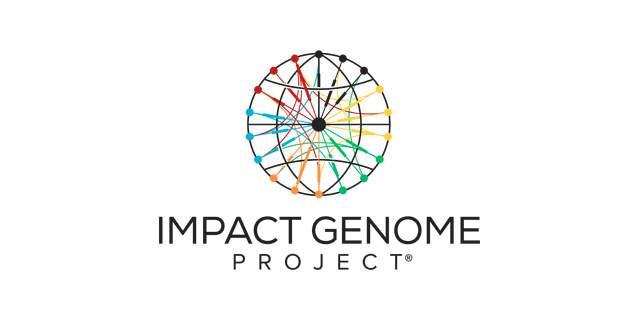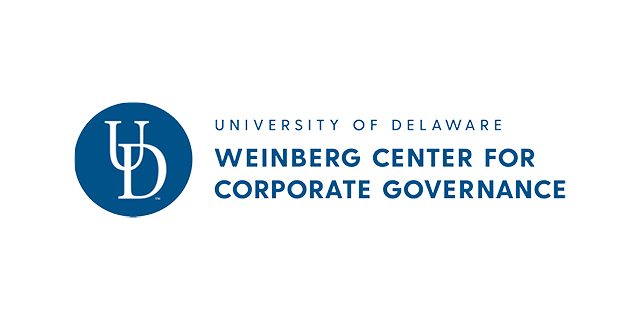-
Email
Linkedin
Facebook
Twitter
Copy Link

Loading...
The 2021 proxy season was unprecedented, with record support for shareholder proposals on environmental and social (E&S) issues, sustained opposition to director elections, and significant support for governance proposals, especially at smaller companies. The Conference Board, in collaboration with ESG data analytics firm ESGAUGE, leadership advisory and search firm Russell Reynolds Associates, and Rutgers University’s Center for Corporate Law and Governance, monitors shareholder proposals and voting trends at annual shareholder meetings held by Russell 3000 companies. Look for upcoming blog posts that focus on findings from this proxy season and discuss what they portend for next year. In this blog post, we review overall trends in E&S shareholder proposals. Environmental proposals averaged 37 percent versus 30 percent in 2020, with average majority support for proposals on environmental (other than climate-related) reporting issues (55 percent) and plastic pollution (53 percent). Average support for social proposals (excluding HCM) remained relatively flat (28 percent in 2021 versus 29 percent in 2020), but proposals on climate-related lobbying received average majority support for the first time (61 percent). Consistent with previous years, E&S proposals saw high withdrawal and omission levels, with 35 percent of such proposals being withdrawn in the examined period (representing 84 percent of all withdrawn proposals) and 20 percent being omitted (representing 53 percent of all omitted proposals). In comparison, governance proposals saw an average withdrawal level of only 5 percent (representing 10 percent of all withdrawn proposals) and an omission level of 17 percent (representing 38 percent of all omitted proposals). What does this mean for 2022? While we may see some more companies endorse shareholder proposals on topics that are destined to be approved by shareholders, a number of factors suggest that companies should prepare for an even more contentious E&S shareholder proposal season next year. (1) Expect an increasing number of E&S proposals across all industries, driven by the success of such proposals this year. (2) Proponents may be less willing to compromise even when companies are willing to meet them partway because of the increasing level of, and sometimes majority, support for proposals. (3) Some company boards may also be less willing to meet proponents halfway because they felt “burned” during this proxy season when major investors unexpectedly voted in favor of shareholder proposals despite the significant strides that the company had made on a topic. (4) The overhang of pending SEC disclosure rules may also cause both sides to use this upcoming proxy season to stake out and hold firm to their positions, rather than to find common ground. CEOs and their management teams can take a number of steps to prepare for next year. First, ensure your board is prepared for the wave of E&S proposals and understands which ones are likely to gain majority support unless the board commits to fulfilling them to the letter. Second, prepare your story – and data – now on likely shareholder proposal topics, and make sure that it is presented consistently across your different platforms. Third, keep your eye on the long-term: remember that maintaining an ongoing dialogue with your major investors is more important than any vote on a precatory shareholder proposal. If you’d like to drill down on this year’s vote results, you will want to sign up for a demo of the ESG Advantage Shareholder Voting Screening Tool. It lets you generate customized reports on shareholder and management proposals based on topic, proponent, outcome, and company from 2018 through the current proxy season in the full Russell 3000. Best of all, with a single click, you can see the text of the proposal and the vote results — no need to navigate multiple filings or databases.
80 Years of Corporate Citizenship & Philanthropy Leadership
November 27, 2023
How CEOs and Boards Can Enhance Digital Trust
April 04, 2023
Reaching Net-Zero Emissions
January 31, 2023
First 2022 Racial Equity Audit Proposals Successful
March 22, 2022
IN THE NEWS
This Proxy Season, Shareholder Activism Is on the Rise
February 06, 2023
IN THE NEWS
2022 Proxy Season: Shareholder Voting Trends
February 17, 2022


